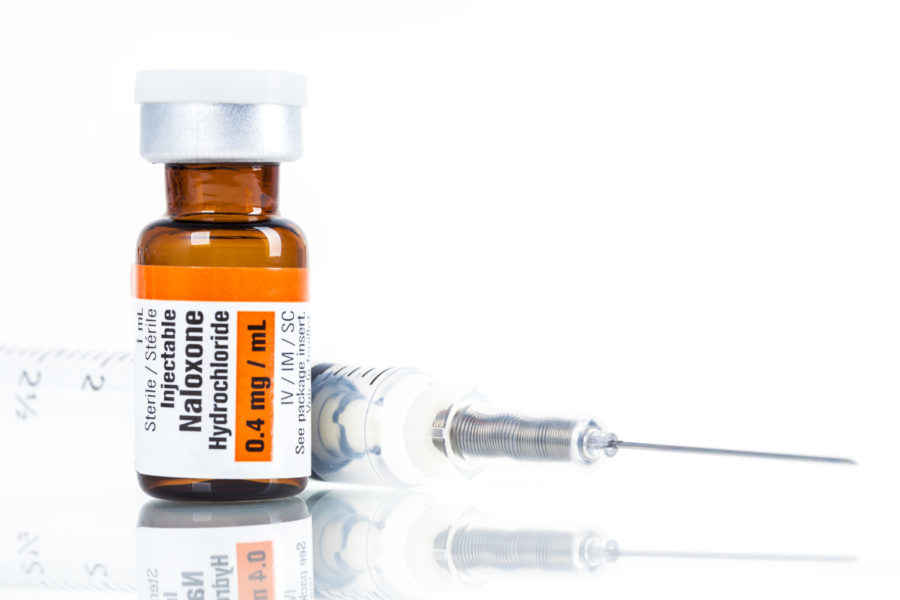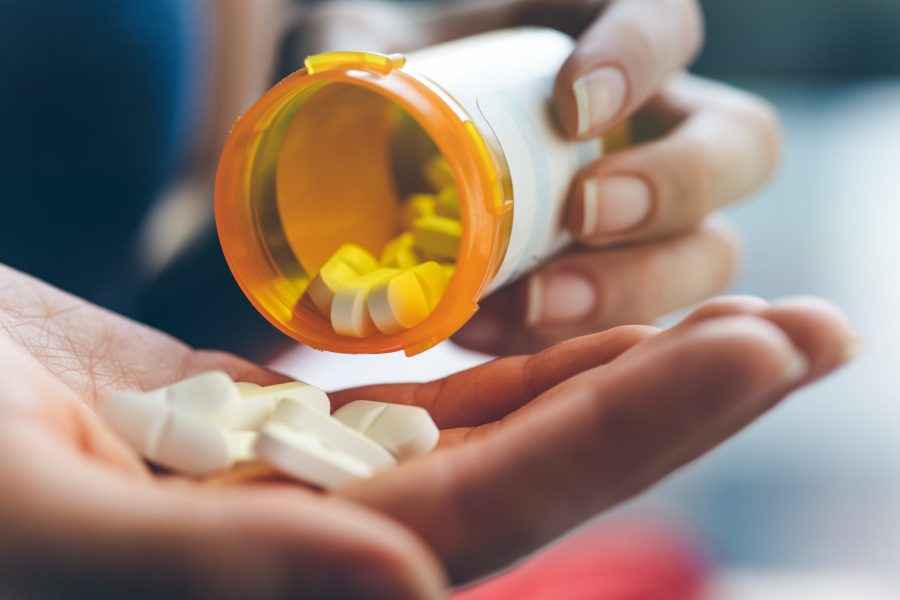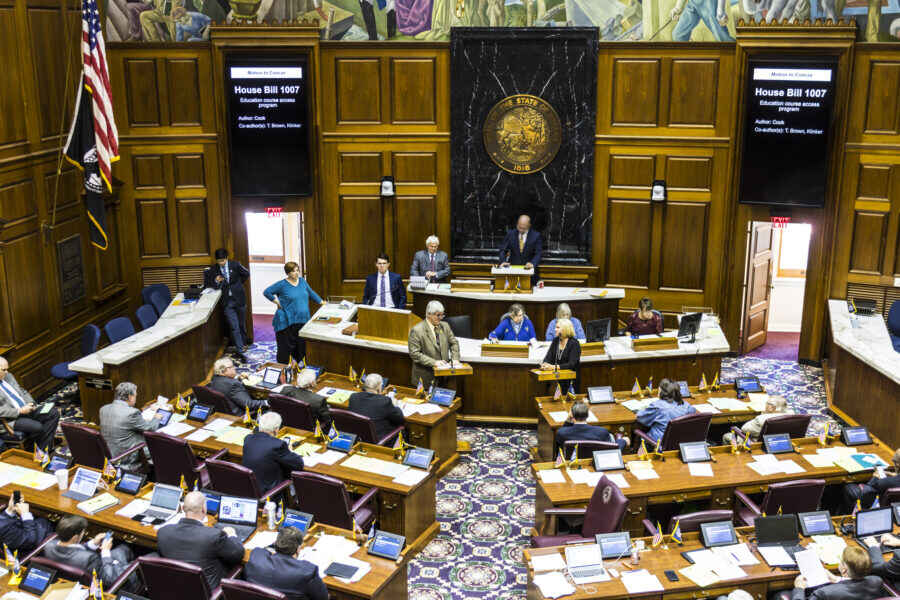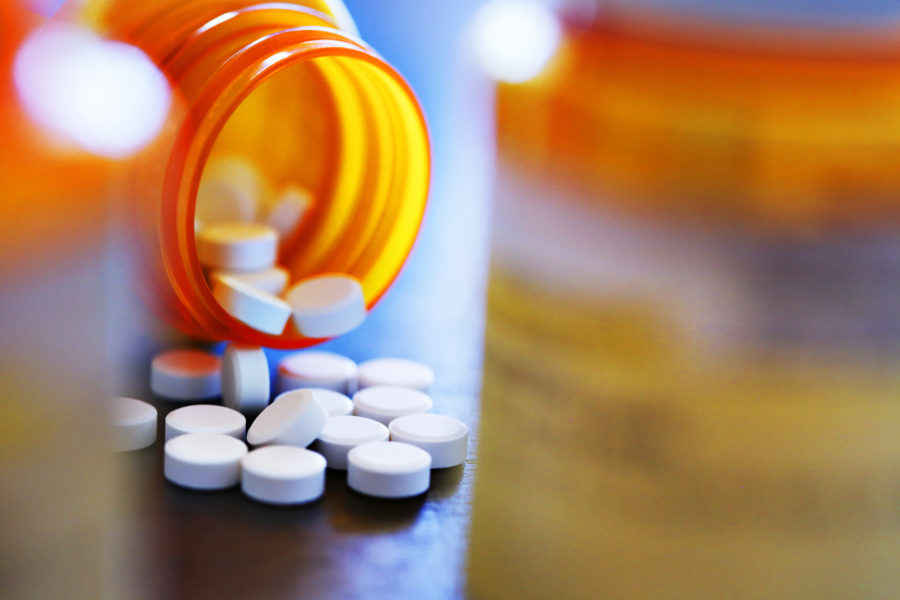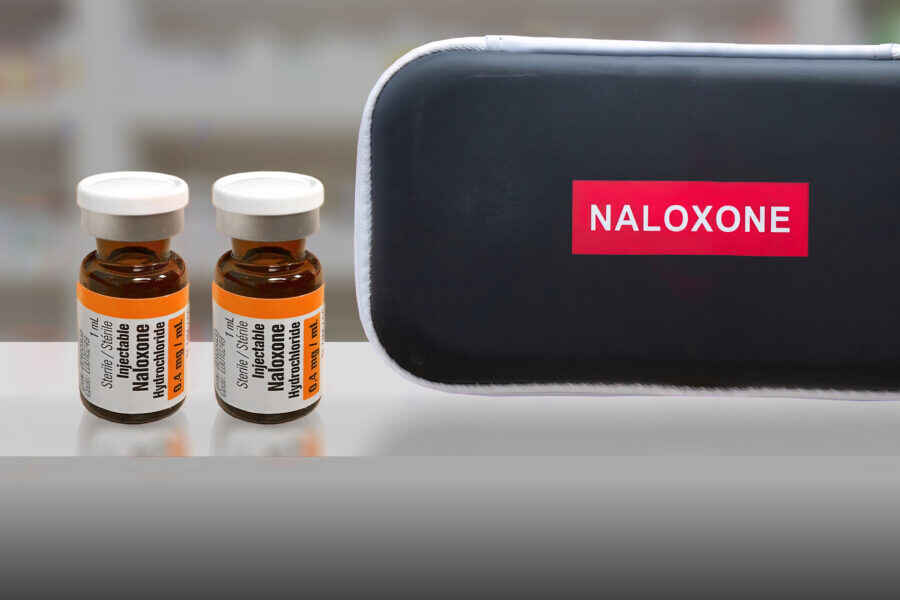
Legality of Syringe Services Programs in Maryland
Fact SheetHarm Reduction Legal ProjectHarm Reduction Legal Project ResourcesOpioid Misuse and Overdose PreventionInfections among people who use drugs related to lack of access to new syringes and subsequent syringe sharing among people who inject drugs have increased dramatically. Increasing access to sterile syringes through syringe services programs (SSPs) is an extremely effective strategy for reducing the spread of bloodborne disease among people who use drugs, their partners, and their families. This factsheet discusses the legality of SSPs in Maryland.

